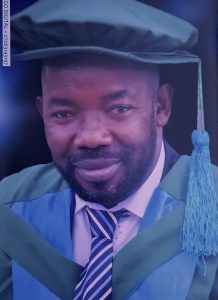The Department of Religious and Cultural Studies came into existence following the decisions of the Rivers State Government and the Senate of the University to establish programmes and courses that would appreciate the diversity of the human race and address the social, moral, cultural and religious gaps that are evident in contemporary society.
Currently Dr. (Ven.) Chikodi J. Wachukwu is the Acting Head of the Department. To make the history of the Department visible and palpable, the structure of the Department is better represented in the chart below:

